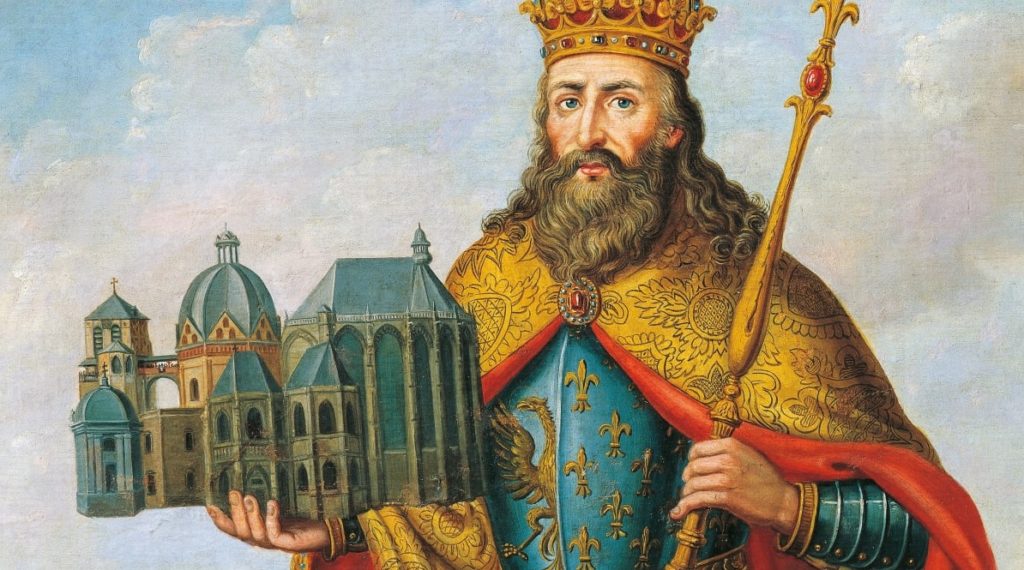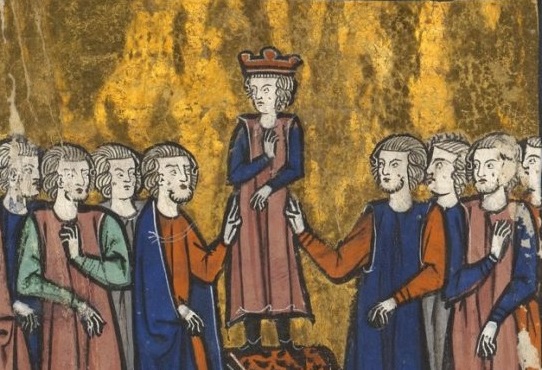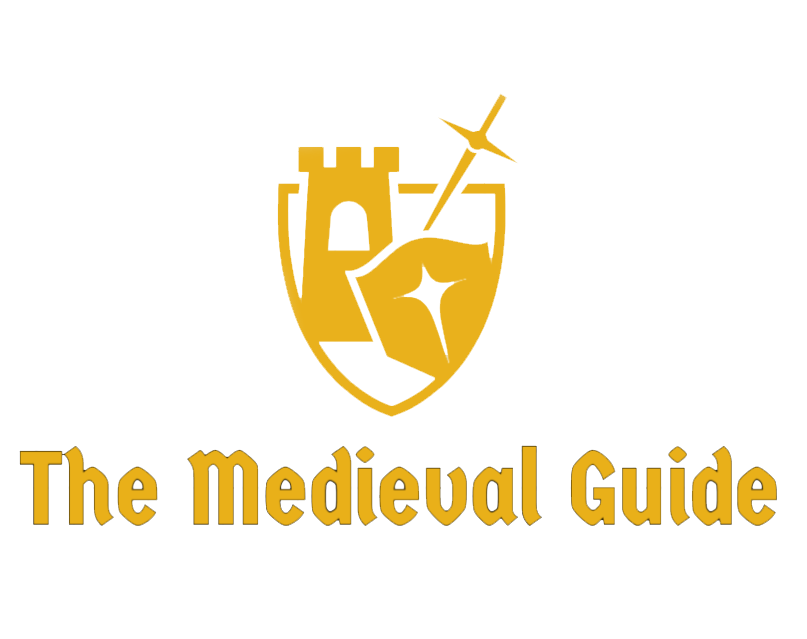In medieval Europe, the concept of absolute power was not well-defined, and the power of medieval kings varied depending on the time and place. Some kings were able to wield a great deal of power and authority, while others were more limited in their ability to rule.
The early medieval period: Kings as divinely-appointed rulers
During the early medieval period, many kings were able to wield a great deal of power and authority within their kingdoms. In many cases, kings were seen as the divinely-appointed rulers of their lands, and they had the power to make laws and pass judgment on their subjects.
This was especially true in societies where the king was seen as having a divine mandate to rule, and where the king’s authority was not challenged by other powerful institutions.

In addition to making laws and passing judgment, many kings also had the power to declare war, levy taxes, and administer justice. These powers allowed kings to defend their kingdoms and maintain order within their lands. In some cases, kings also had the power to appoint officials and judges, and they had the final say in legal matters.
The power of the Church: Limiting the authority of kings
However, the power of medieval kings was not always absolute, and it was often limited by various factors. One of the main limits on the power of medieval kings was the power of the Church. In medieval Europe, the Church was a powerful institution, and many kings were subject to the authority of the pope and the Church.
In some cases, the Church could even excommunicate kings and place their kingdoms under interdict, which meant that the Church would not provide sacraments or other spiritual services to the people of the kingdom.
The power of the nobles: Resistance to the authority of kings
Another factor that limited the power of medieval kings was the power of the nobles. In many medieval societies, the nobles were a powerful class, and they often resisted the authority of the king. In some cases, the nobles were able to negotiate terms with the king and secure concessions in exchange for their loyalty.

In other cases, the nobles were able to challenge the authority of the king and even depose him if they felt that he was not ruling justly.
Conclusion
Overall, the power of medieval kings was not absolute, and it was often limited by the power of the Church and the power of the nobles. While some kings were able to wield a great deal of power and authority, others were more limited in their ability to rule. The power of medieval kings varied depending on the time and place, and it was shaped by a variety of factors.
